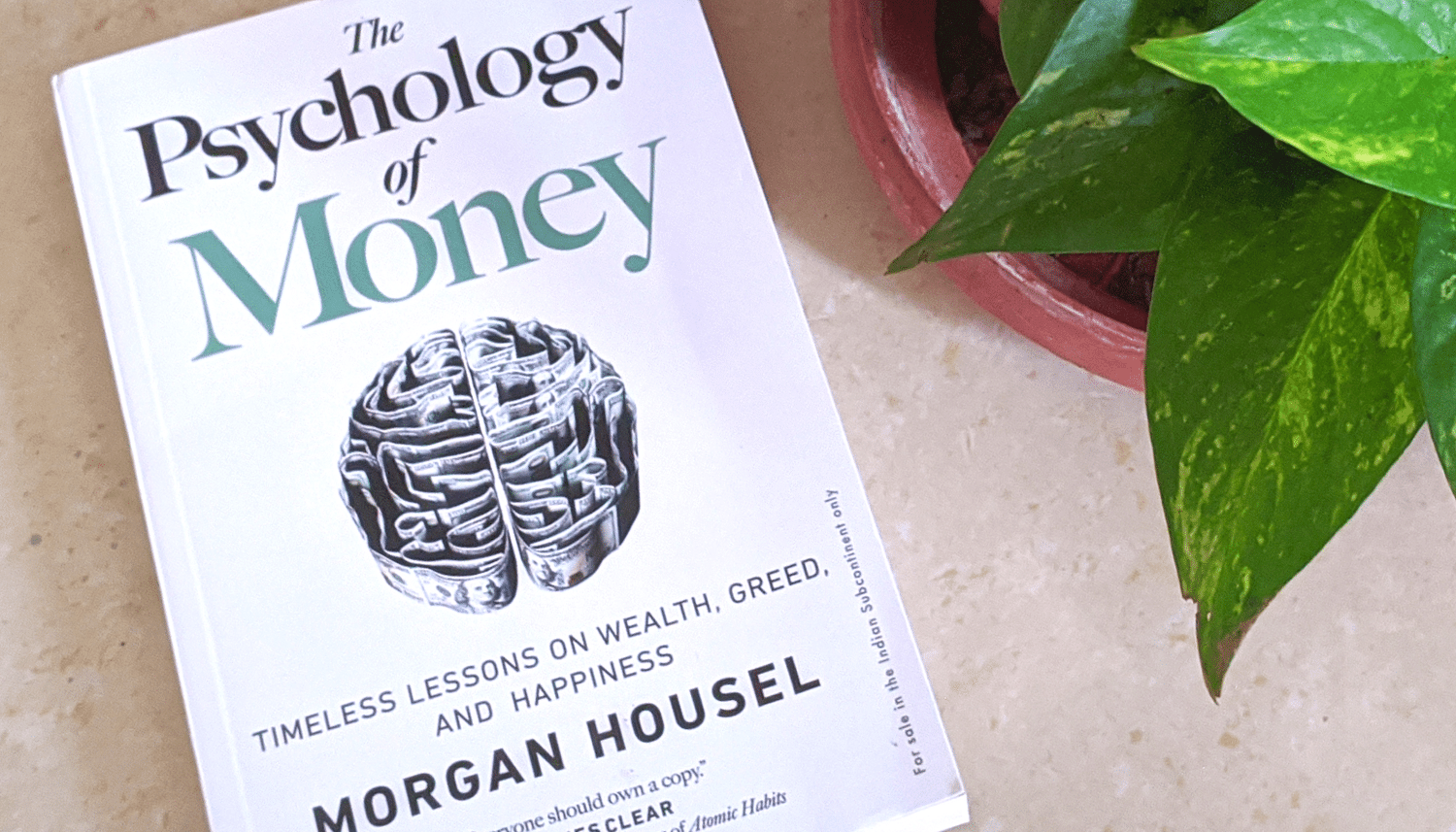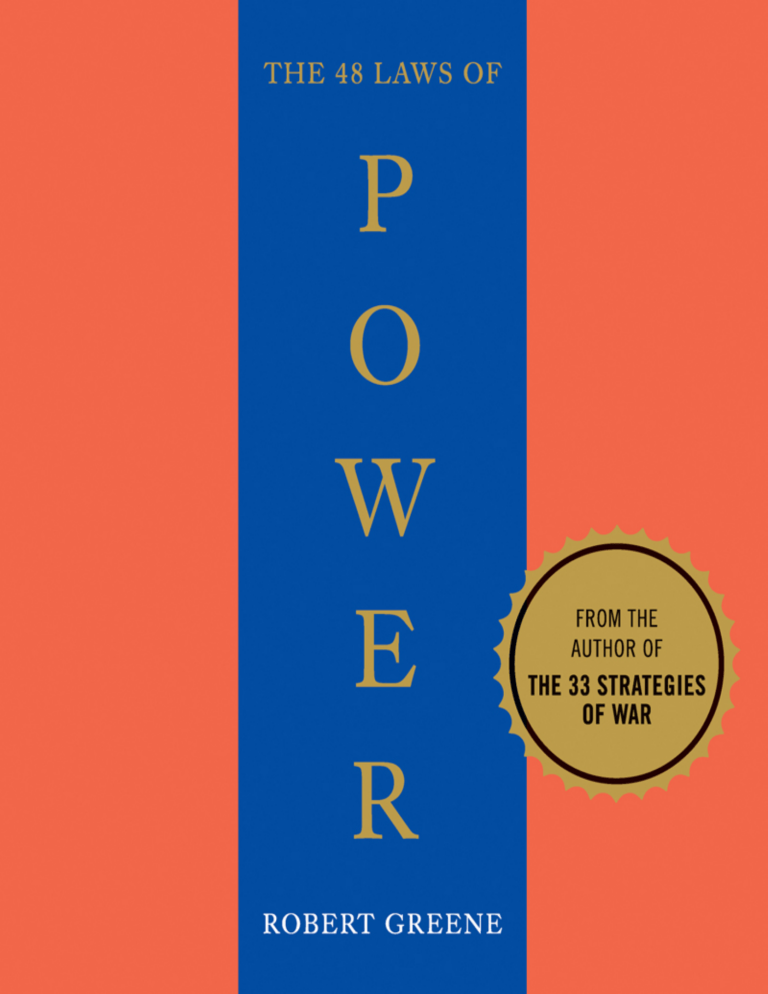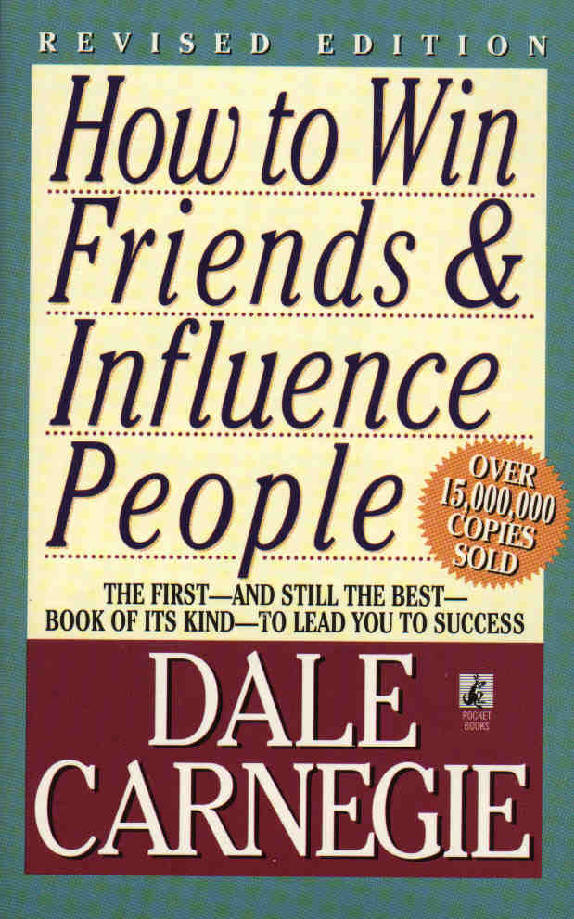In the book “Made to Stick”, by Chip and Dan Heath, the authors emphasize the power of stories in communication, particularly their ability to act as “flight simulators” for the audience.
They illustrate this point with a story about a nurse who saved a baby’s life thanks to a story she had heard.
A nurse in an intensive care unit noticed a baby’s heart rate monitor was going haywire, showing an irregular rhythm. Initially, the nurse thought the monitor was malfunctioning. However, she remembered hearing a story from another nurse about a similar situation where the monitor was showing a false reading.
In that story, it turned out the baby had a serious condition called pneumopericardium, where air is trapped in the sac around the heart. This condition can be fatal if not treated quickly.
Remembering this story, the nurse in the present situation took a chance and called for a chest X-ray for the baby, even though it was against protocol. The X-ray revealed the baby did have pneumopericardium, and the nurse’s quick thinking, prompted by the story, saved the baby’s life.
This story demonstrates the power of storytelling. Stories provide context and help us make connections we might not have otherwise made.
The nurse was able to diagnose the baby’s condition because she had heard a story about a similar situation. The story served as a mental simulation, preparing her to act quickly and effectively in a real-life crisis.
Just as stories can help medical professionals make life-saving decisions, they can also help us in our everyday lives. Stories help us learn from others’ experiences and prepare us to face challenges of our own.
The next time you need to make a difficult decision or take action, consider if there’s a story that can help you simulate the situation and guide your actions.
To read the full book summary of “Made to Stick,” by Chip & Dan Heath, click here or click here to buy it on Amazon
You can also click here to read other insightful book summaries for free.








Leave a Reply